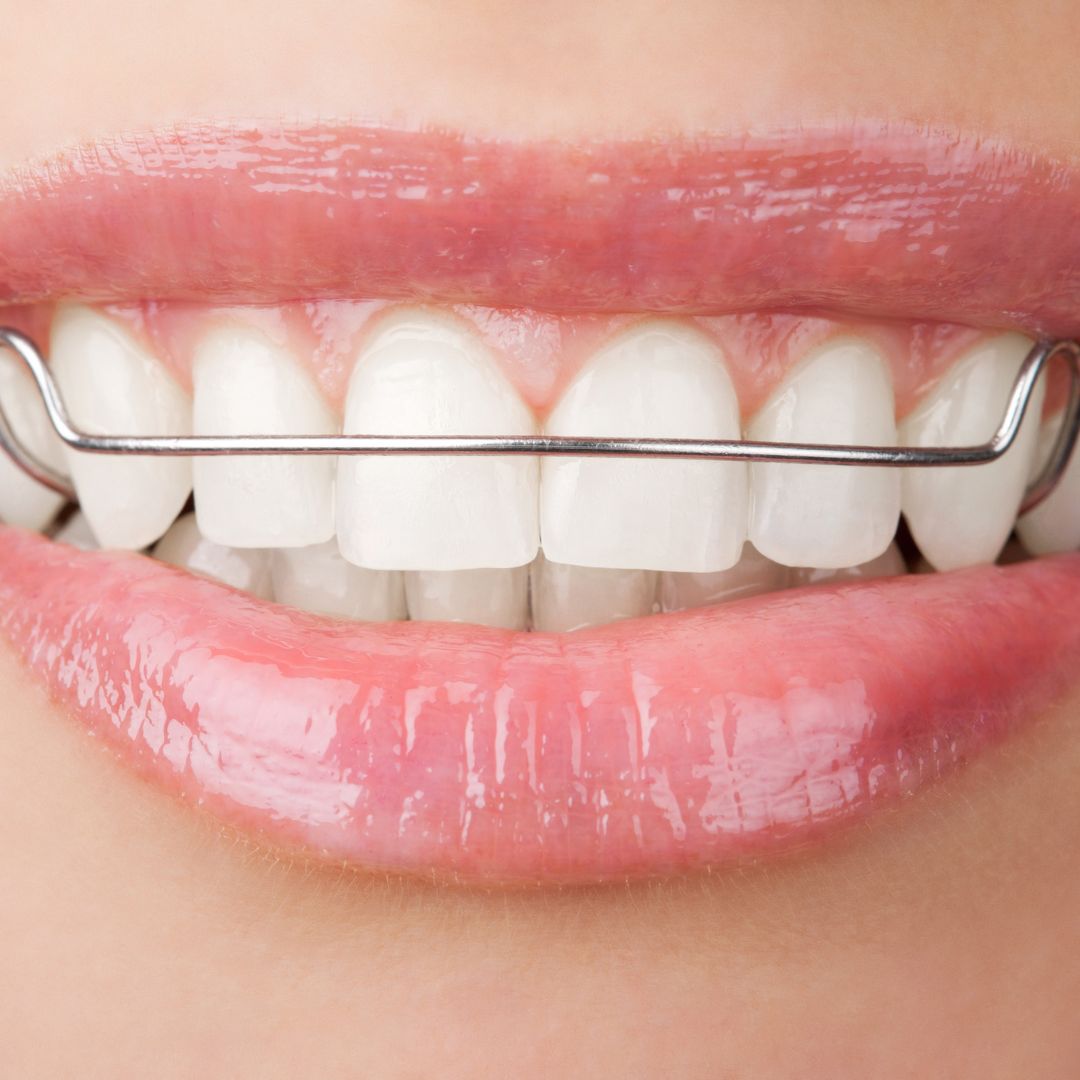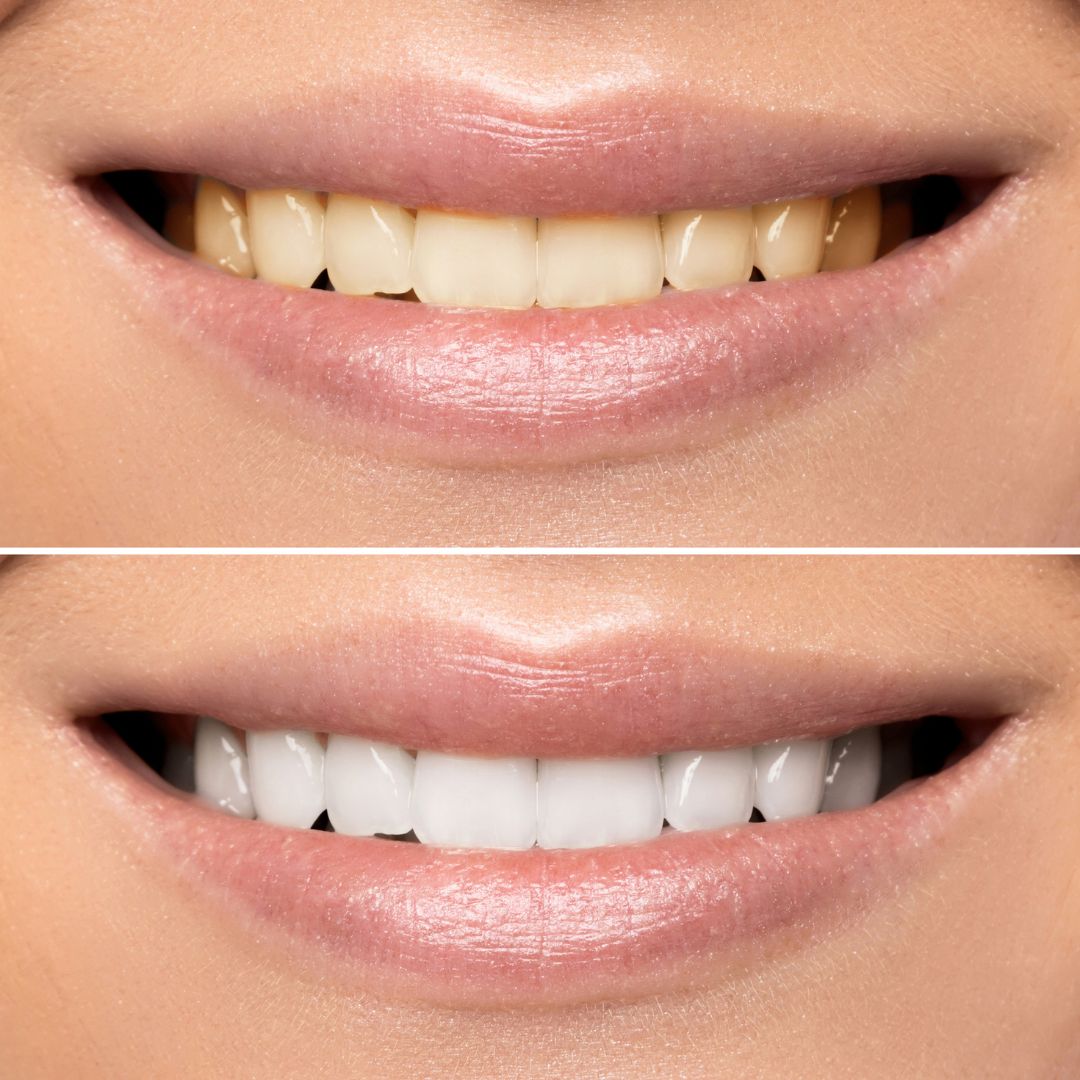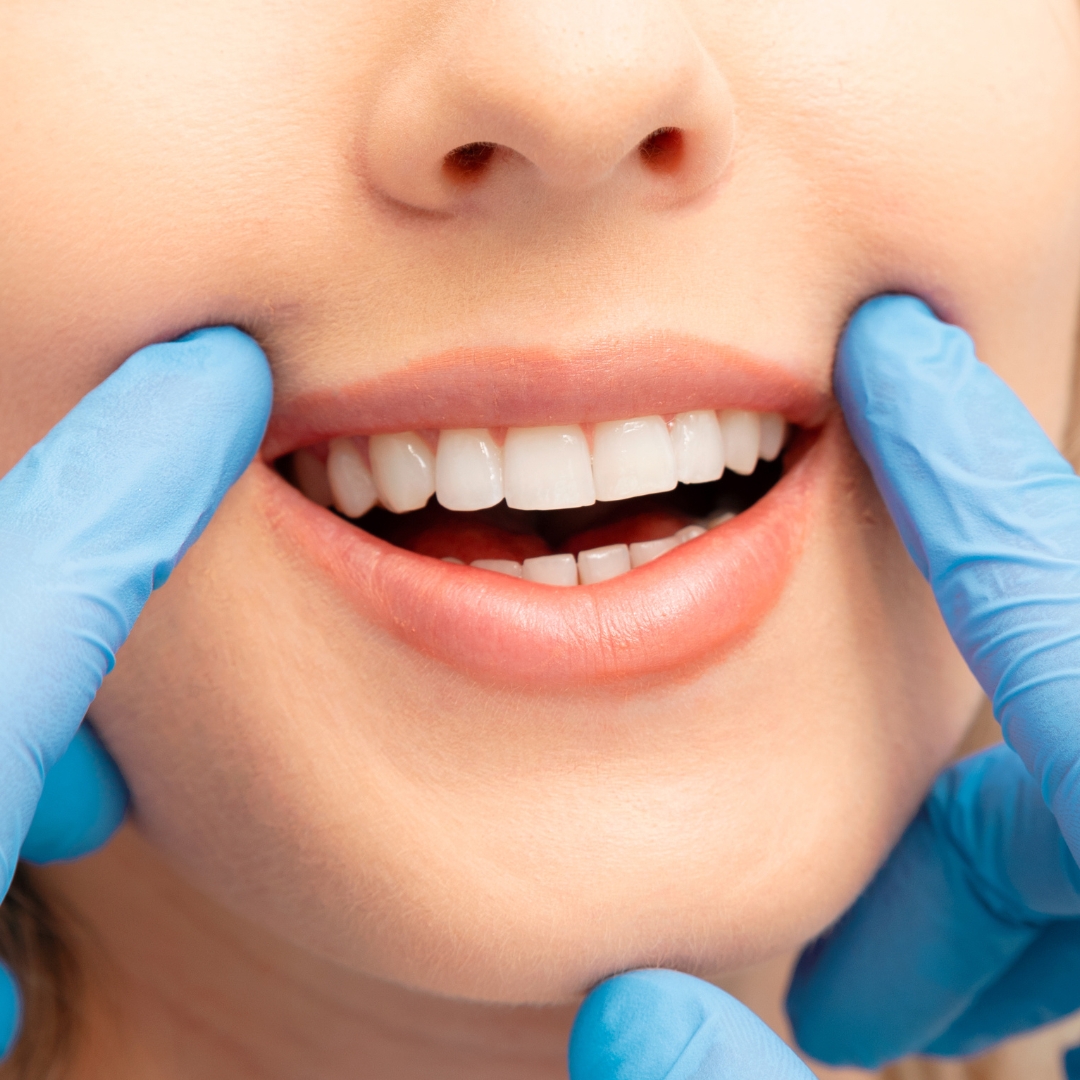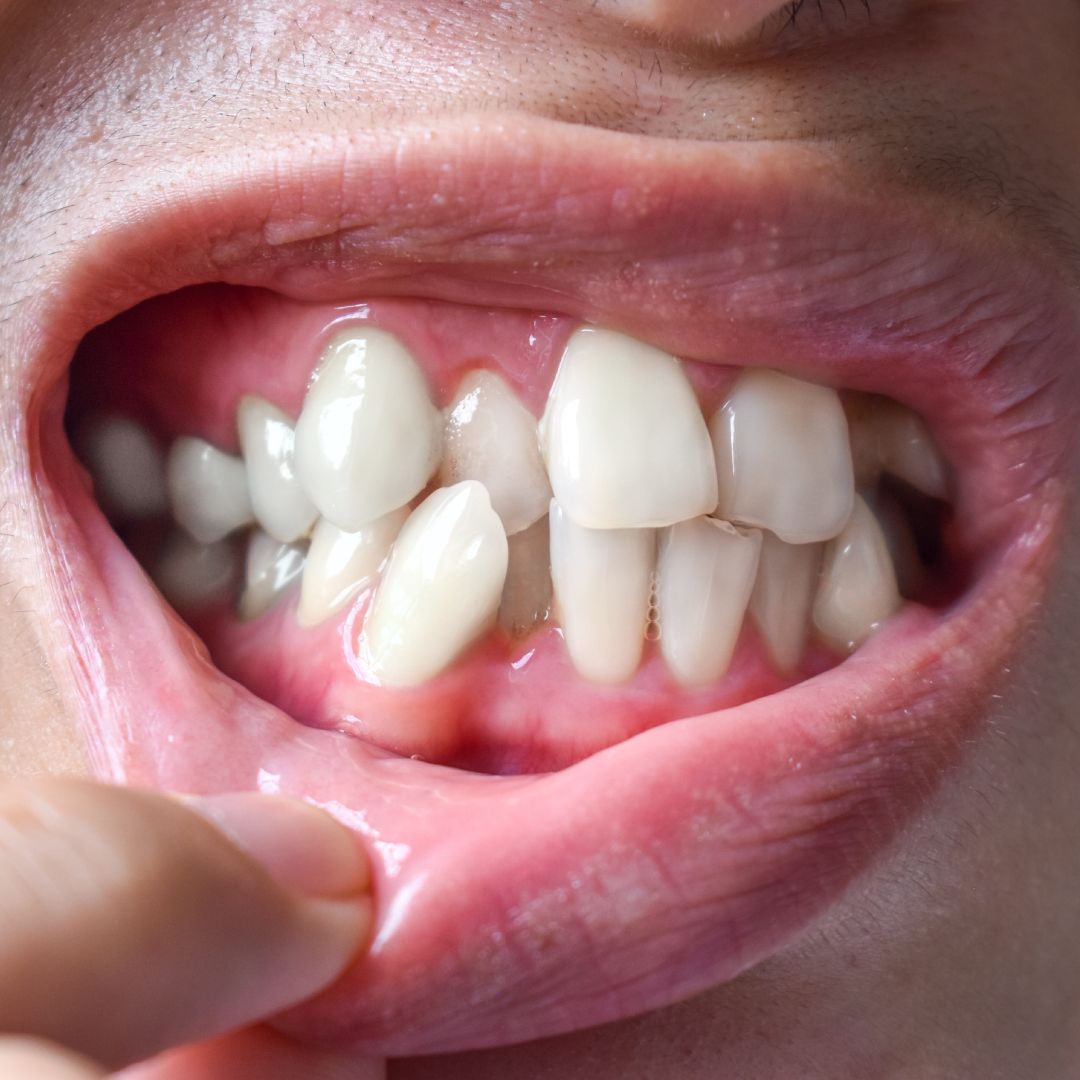How to Heal a Hole in Your Gum Quickly and Safely?
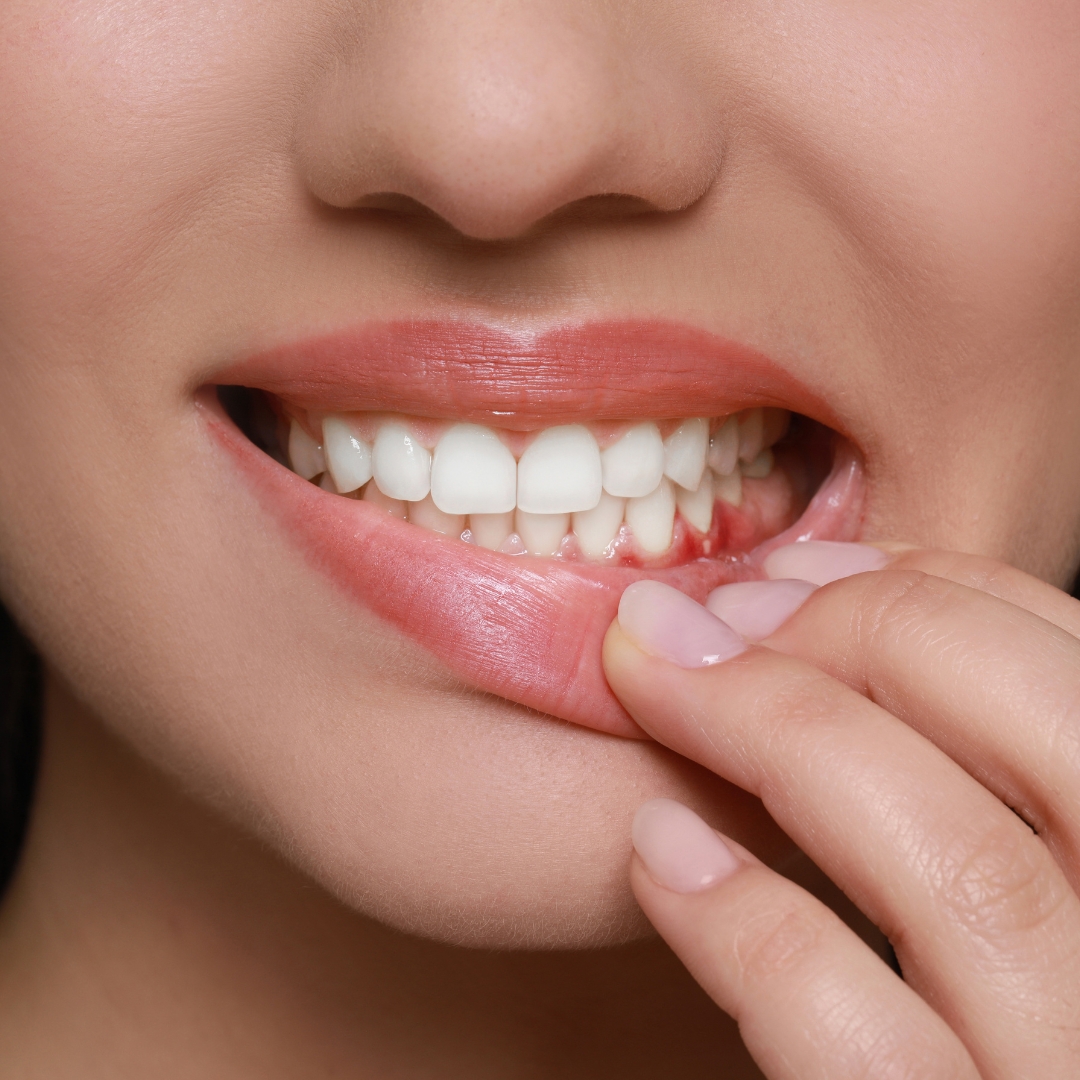
Strong8k brings an ultra-HD IPTV experience to your living room and your pocket.
Experiencing a hole in your gum can be concerning and uncomfortable. Whether it's caused by an infection, tooth extraction, injury, or gum disease, prompt treatment is crucial to prevent further complications. Fortunately, there are effective ways to encourage fast and safe healing, especially when combining home remedies with professional dental care. In this article, we’ll guide you through the best ways to treat a hole in gum, discuss when to see a dentist, and highlight how professional help—like visiting a dentist Mt Druitt—can make all the difference.
What Causes a Hole in Your Gum?
A hole in gum can result from a variety of issues, including:
Gum disease (periodontitis): This is a common culprit and causes the gum tissue to recede, leaving gaps or holes.
Tooth extraction: After removing a tooth, a small hole is left behind in the gum and bone.
Infections or abscesses: Bacterial infections can create pus-filled pockets or ulcers in the gum.
Injury or trauma: Sharp foods or brushing too hard may cause a tear or hole in gum tissue.
Poor oral hygiene: This can lead to plaque build-up and inflammation, weakening the gum tissue over time.
Symptoms to Watch Out For
A hole in your gum may be accompanied by several symptoms:
- Pain or tenderness around the affected area
- Swelling or inflammation
- Bad breath or a foul taste in the mouth
- Visible gap or crater in the gum
- Bleeding when brushing or eating
If you notice any of these signs, it’s essential not to ignore them. The quicker you act, the easier it is to treat and heal.
At-Home Care for Healing a Hole in Your Gum
If the hole in your gum is small and not linked to a serious infection or extraction, you may be able to manage some of the healing at home. Here are safe and effective strategies to promote healing:
1. Saltwater Rinse
Saltwater is a natural disinfectant and helps reduce inflammation. Mix half a teaspoon of salt in a glass of warm water and rinse your mouth gently twice a day.
2. Maintain Excellent Oral Hygiene
Brush gently with a soft-bristled toothbrush, and use fluoride toothpaste. Avoid brushing too hard around the affected area. Floss carefully to remove food particles without irritating the gum.
3. Avoid Irritants
Spicy, acidic, and crunchy foods can irritate the gum tissue. Stick to soft, non-acidic foods while the area heals. Also, avoid smoking or alcohol, as they can slow down healing and increase the risk of infection.
4. Use a Medicinal Mouthwash
Over-the-counter antimicrobial mouthwashes can help keep bacteria at bay. Products with chlorhexidine or hydrogen peroxide may be recommended for short-term use.
5. Apply a Cold Compress
If swelling or pain is present, a cold compress on the outside of your cheek can reduce discomfort and inflammation.
When to See a Dentist
While home remedies can help, it’s important to know when professional care is needed. You should see a dentist if:
- The hole doesn’t improve within a week
- There is increasing pain or swelling
- You notice pus or a bad odour
- You're experiencing fever or general discomfort
- The hole was caused by a tooth extraction and hasn’t closed after 7–10 days
A dentist Mt Druitt can assess the situation and provide targeted treatment, such as cleaning the area, prescribing antibiotics, or performing minor surgical repairs if necessary.
Professional Treatment Options
When you visit a dentist, they may suggest several options depending on the severity and cause of the hole in your gum:
1. Debridement or Deep Cleaning
If the hole is due to gum disease, scaling and root planing may be necessary to remove plaque and tartar beneath the gumline.
2. Antibiotic Therapy
For infections or abscesses, antibiotics can help eliminate harmful bacteria and promote healing.
3. Surgical Intervention
In some cases, procedures like gum grafting may be required to restore lost gum tissue and cover exposed roots or holes.
4. Follow-up Care
Dentists may schedule follow-ups to ensure proper healing and adjust treatment if the gum does not improve.
Prevention Tips
Once you've healed, taking care of your gums becomes even more important. Here are some long-term prevention strategies:
- Brush and floss daily
- Use mouthwash regularly
- Avoid tobacco products
- See your dentist every six months
- Eat a balanced diet rich in vitamins and minerals
- Good oral hygiene habits go a long way in keeping gum problems at bay.
In summary, a hole in gum can be alarming, but with the right approach, it can heal quickly and safely. Start with gentle home remedies like saltwater rinses and proper hygiene, but don’t hesitate to see a professional if symptoms persist or worsen. Whether you’re dealing with an infected gum pocket or a post-extraction hole, a qualified dentist Mt Druitt can offer expert guidance and personalised treatment to ensure your gums return to full health. Your oral health plays a major role in your overall wellbeing, so taking action early can save you from future complications.
Note: IndiBlogHub features both user-submitted and editorial content. We do not verify third-party contributions. Read our Disclaimer and Privacy Policyfor details.



